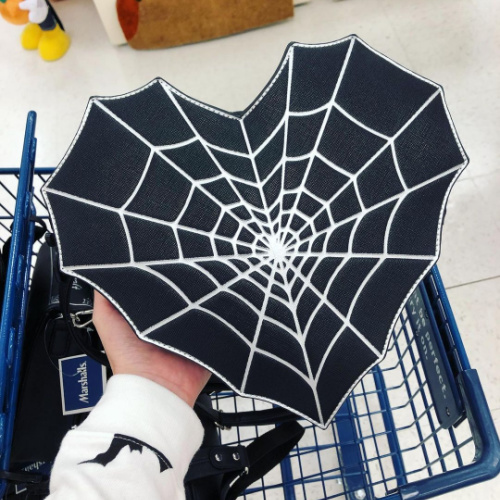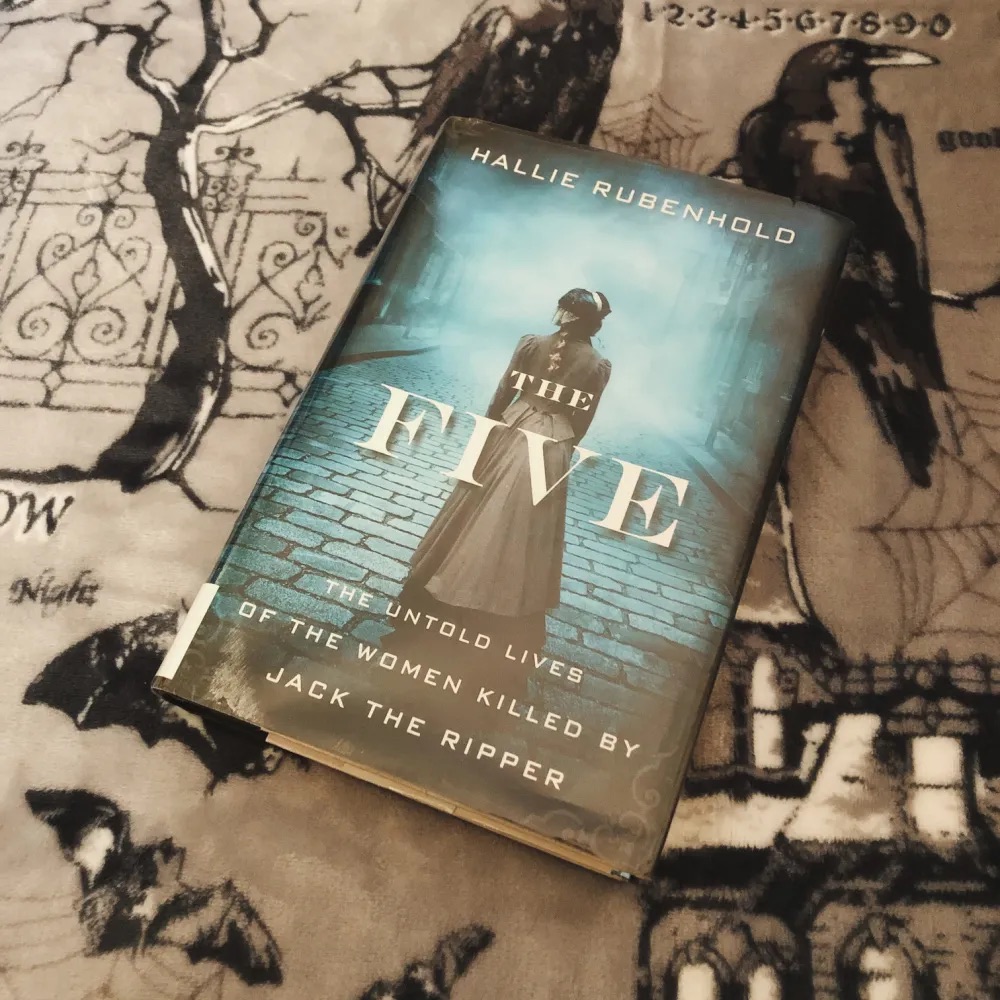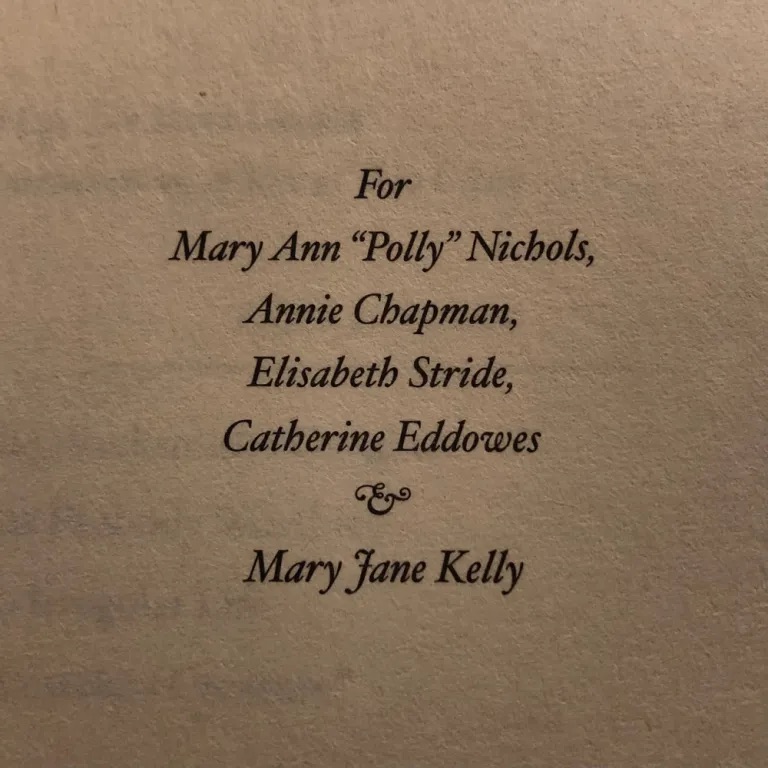
|
|
But the real surprise is learning the tragic circumstances that befell Mary Ann "Polly" Nichols, Annie Chapman, Elisabeth Stride, Catherine Eddowes, and Mary Jane Kelly long before they encountered Jack the Ripper. Their abysmal living conditions, their slow unravelings due to addiction or mental illness, the complete randomness of each being in the wrong place at the wrong time ... it all creates a thick layer of creeping dread and hopelessness that hangs over the entire reading experience. These women were not only victims of a serial killer, but also of time; each harrowing existence a consequence of being born into a world that didn't value them due to their gender and class. Author Hallie Rubenhold does a remarkable job in setting the scene. Early on, I nearly had to put the book down and take a break due to the nauseating description of living conditions that the poor were subjected to in London in the late 1800s. Further in, vivid details of workhouse infirmary maternity wards (patients placed alongside those with contagious diseases like tuberculosis and smallpox, broken lavatories left to fester into open sewers, zero sanitation) filled me with an acute need to escape the words I was reading. Much of Rubenhold's purpose with The Five is disproving the persisting myth that Jack the Ripper killed prostitutes. While I understand the importance of correcting a potential, widespread historical inaccuracy, I think Rubenhold's time would have been better spent not trying to wrangle a conclusion out of a limited set of facts when it doesn't matter either way. It doesn't change a thing if being destitute led any to desperate measures. I don't care. Besides, doesn't focusing so much attention on refuting that notion, on some level, validate the very belief that prostitutes are less worthy of our empathy? I don't know. What I can say with certainty is, for me, that was the least interesting part of the book. Despite my indifference to that line of examination, learning about the misogynistic regulations revolving around prostitution was interesting (although, unsurprisingly, disgusting). When laws were put in place throughout Europe that deduced it was women who were solely responsible for the transmission of syphilis, those in the sex trade were required to register with police and submit to their methods of restricting disease spread. The police didn't need proof or admission that a woman was a prostitute, only a suspicion that they were leading a lewd lifestyle. Therefore, both women who were and weren't selling sex were ensnared in its dehumanizing system, which meant being subjected to gynecological examinations twice a week. That involved stripping naked and lining up (sometimes outside in the cold, if the wait was long) while officers watched. In addition to these forced exams, any woman deemed to be a prostitute was not permitted outside after 11 pm, banned from lingering in the windows and doorway of her home, and required to "not to call attention to herself" while living a "quiet and silent life." Meanwhile, men with syphilis carried on syphilis-ing. On a lighter note, there is some historical trivia within these pages that was fascinating, rather than heartbreaking or infuriating, to learn. My jaw dropped at Swedish commentator Henrik Cornell describing how some lower-middle-class families employed so many excess servants that they'd send maids through the rooms carrying wet linen to catch the dust before it settled. And it made me grin to hear that murder ballads were big business for songwriters. The next time someone derides your love of true crime, remind them that, even in the 1800s, "nothing sold better than criminal tales, and as soon as an execution was announced, every penny bard and printer in the county scrambled to get a version of the story in ink." Throughout the book, little mention is made of any gruesome ends, a respectful respite for these women whose mutilated corpses are instantly inescapably present in any Google search. Though it's not without flaws, The Five is a compassionately written work that I highly recommend. While it's impossible to approach this subject matter expecting a light read, I was still caught off guard by how upsetting these stories were. I close this book knowing I will never be able to view any mention of Jack the Ripper the same again.
|
I may earn a small commission if you shop via the links on this site. Thank you for supporting my cobweb-coated corner of the web! |
 |
 |
 |
 |
 |
🦇 © The Headless Crow | Stay Spooky! 🦇


 Would it be dramatic to say
Would it be dramatic to say 












